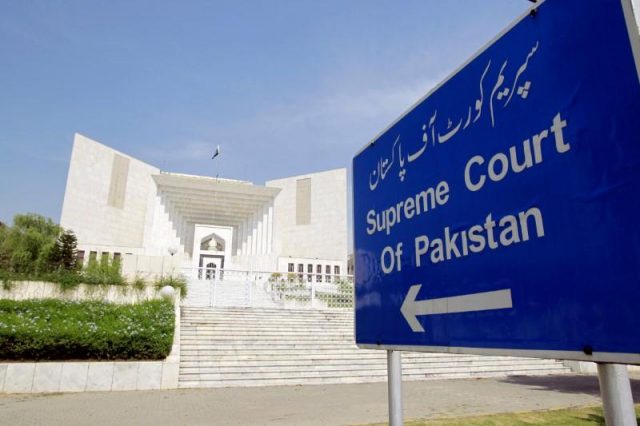ISLAMABAD: The Supreme Court of Pakistan has suspended an Islamabad High Court (IHC) order that halted interim relief related to the enforcement of foreign arbitral awards issued by the International Chamber of Commerce (ICC), London, in a commercial dispute involving Frontier Holdings Limited and Petroleum Exploration Pvt Ltd (PEPL).
A two-member bench, comprising Justice Syed Mansoor Ali Shah and Justice Aqeel Ahmed Abbasi, passed the suspension order on Saturday during the hearing of appeals filed by Frontier Holdings. The apex court ordered that the IHC Division Bench’s interim order dated May 19, 2025, would remain suspended until further hearing, which will be scheduled before a three-judge bench in two weeks.
The dispute centers on enforcement proceedings under the Recognition and Enforcement (Arbitration Agreements and Foreign Arbitral Awards) Act, 2011, following two ICC arbitral awards rendered on December 12, 2024, and March 31, 2025. The awards, arising from a commercial disagreement, were filed for enforcement before the IHC.
Initially, a single judge of the IHC granted interim relief on April 24, 2025, restraining PEPL from transferring or assigning its working interest in the Badin Fields or creating any charge or encumbrance on it. PEPL challenged the order through an intra-court appeal, and the IHC Division Bench suspended the relief.
The Supreme Court has now reinstated the original restraining order until the case is reviewed in full.
During Saturday’s proceedings, Frontier Holdings argued that the interim relief was critical for preserving the enforcement process and ensuring compliance with the New York Convention on the Recognition and Enforcement of Foreign Arbitral Awards (1958). The petitioner contended that denying such relief undermines both investor confidence and Pakistan’s commitment to international arbitration norms.
Frontier Holdings further claimed that the Division Bench order was premature and interfered with the enforcement mechanism without addressing the specific grounds for refusal outlined in Article V of the Convention, incorporated into Pakistani law.
Legal counsel cited several precedents including Taisei Corporation v. AM Construction Company (2024 SCMR 640) and Orient Power Company v. SNGPL (2021 SCMR 1728) to support the position that Pakistani courts are bound to adopt a pro-enforcement approach when dealing with foreign arbitral awards.
Additionally, it was argued that the intra-court appeal filed before the IHC Division Bench was not maintainable under Section 3(2) of the Law Reforms Ordinance, 1972, as the 2011 Act is a special law with a self-contained appellate structure that does not allow such appeals.
The case is seen as a significant test of Pakistan’s legal framework for foreign arbitration enforcement and could impact the country’s standing in global arbitration and investment circles.




